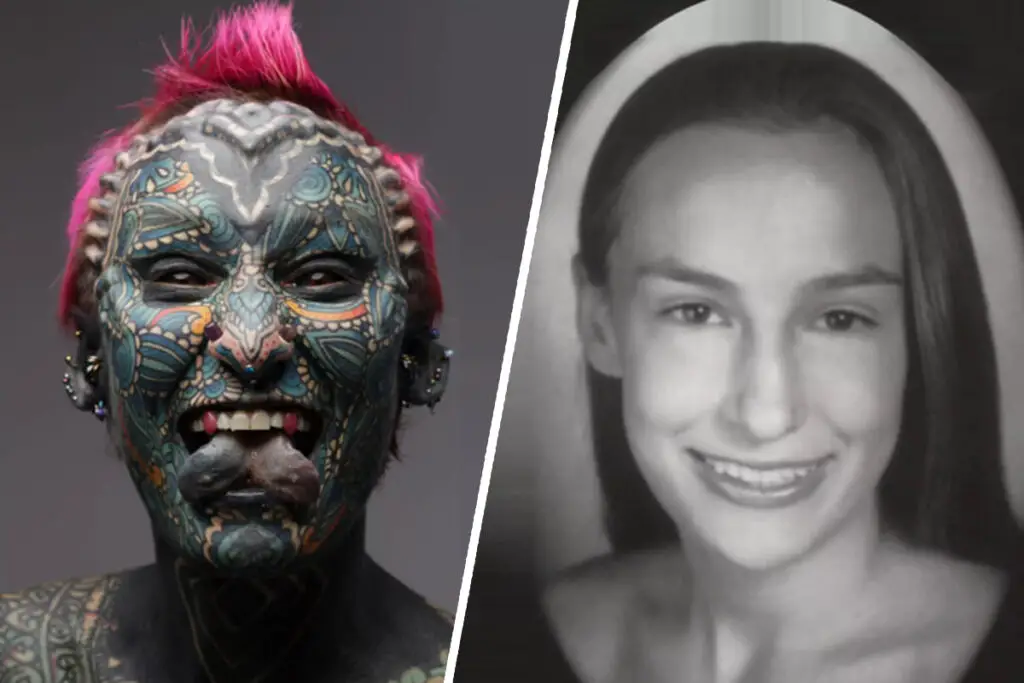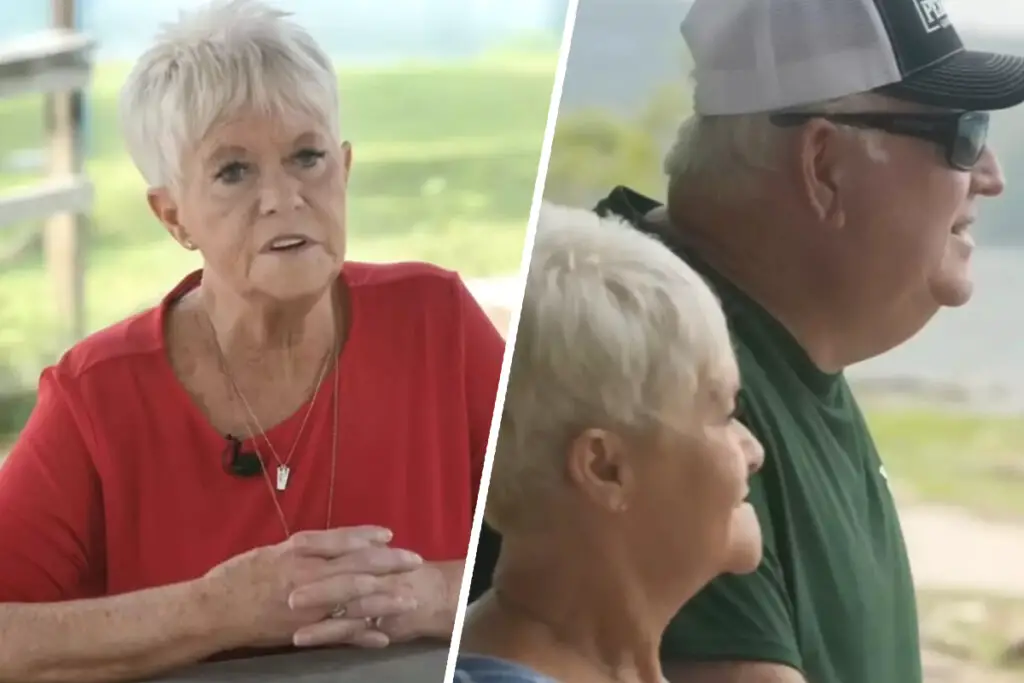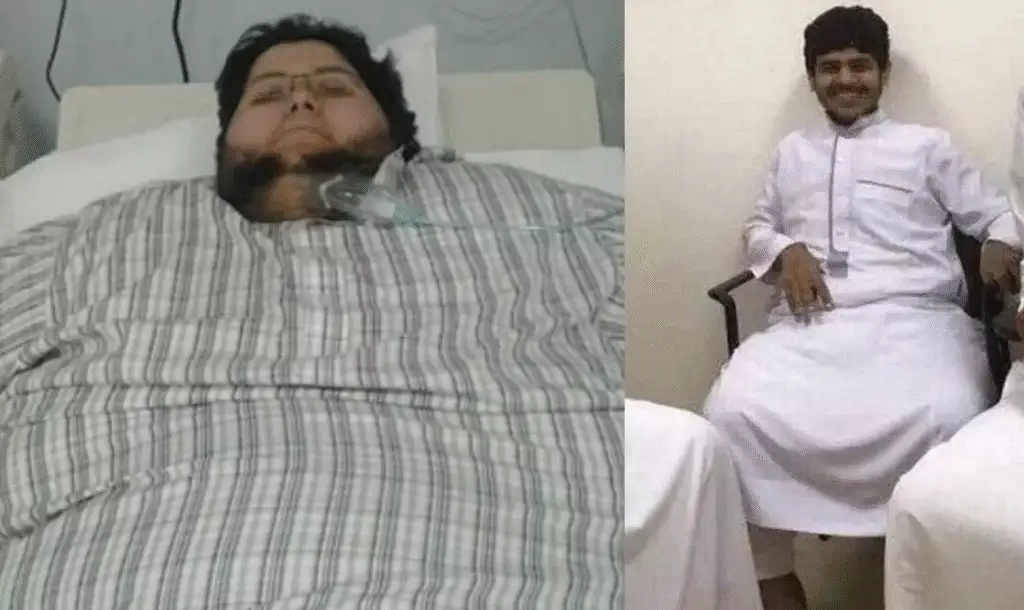New York Mother Debbie Stevens Fired After Heroic Kidney Donation to Her Boss

- Debbie Stevens, a divorced mother of two, donated her kidney in a paired exchange to help her boss Jackie Brucia receive a transplant.
- Post-surgery complications led to alleged harassment, demotion, and eventual termination at Atlantic Automotive Group.
- The 2014 confidential settlement followed findings of probable cause for ADA violations, highlighting organ donation risks in employment.
In the bustling world of Long Island’s automotive industry, where billion-dollar dealerships like Atlantic Automotive Group thrive amid high-stakes sales and customer demands, one employee’s act of extraordinary generosity turned into a nightmare of alleged workplace discrimination and retaliation.
Debbie Stevens, then 47 and navigating life as a divorced mother raising two children, found herself at the center of a story that would challenge perceptions of loyalty, organ transplant ethics, and employee rights under the Americans with Disabilities Act (ADA).
It all began in January 2009, when Stevens was first hired as an assistant by Jackie Brucia, a 61-year-old controller at the West Islip branch of Atlantic Automotive Group.
The company, known for operating multiple dealerships across the region, prided itself on a family-like atmosphere, but Stevens’ journey would reveal cracks in that facade.
By June 2010, Stevens had relocated to Florida, seeking a fresh start. Yet, fate drew her back to New York in September of that year to visit her daughter.
During an impromptu stop at the dealership, a casual conversation with Brucia unveiled a dire health crisis: Brucia needed a kidney transplant due to failing renal function, a condition affecting thousands annually in the U.S., where over 100,000 people wait on transplant lists.
Stevens, moved by compassion, offered her kidney if needed. Brucia’s response was lighthearted yet prophetic: “You never know, I may have to take you up on that one day.”
Months later, with Stevens deciding to return permanently to Long Island, she inquired about job openings.
Brucia rehired her swiftly, reinstating her in a familiar role. But in January 2011, the conversation shifted dramatically.
Brucia called Stevens into her office and probed if the kidney donation offer was genuine.
Stevens affirmed it, emphasizing her motivation stemmed from pure altruism: “I didn’t do it for job security. I didn’t do it to get a raise. I did it because it’s who I am. I didn’t want her to die.”
Medical tests soon revealed Stevens wasn’t a direct match for Brucia. Undeterred, doctors proposed a paired kidney exchange—a innovative program where incompatible donors swap organs with strangers to facilitate matches.
In the U.S., such exchanges have become vital, contributing to the over 7,000 living donor transplants performed in 2024 alone, amid a 3.3% rise in overall organ transplants exceeding 48,000 that year.
Stevens agreed, donating her kidney to a recipient in Missouri on August 10, 2011, which propelled Brucia higher on the list and secured her a compatible organ from a San Francisco donor.

The surgery, while lifesaving for others, came at a personal cost to Stevens.
Complications arose when surgeons inadvertently hit a nerve in her leg, triggering persistent abdominal pain, digestive issues, and restrictions on lifting heavy objects.
These side effects are not uncommon in kidney donations, where living donors face potential long-term health challenges, yet they play a crucial role in addressing the kidney transplant waitlist, which saw 26,362 transplants for dialysis patients in 2022.
Stevens returned to work just four weeks post-operation in September 2011, under what she described as pressure from Brucia. What followed was a stark shift in dynamics.
Allegations of vicious treatment surfaced immediately. Stevens claimed Brucia screamed at her over fabricated errors, restricted her movements, and denied basic accommodations like frequent bathroom breaks despite medical needs.
“It was constant, constant screaming,” Stevens recounted, painting a picture of a toxic workplace environment that exacerbated her mental stress.
The harassment escalated when Stevens was demoted and transferred to a dealership 50 miles away in a high-crime area, dubbed “Siberia” by colleagues—a move that added hours to her commute and intensified her physical discomfort.
Supervisors there allegedly mocked her as an “actress,” dismissing her post-surgery limitations.
Under the ADA, which protects individuals with disabilities—including those recovering from major surgeries like organ donations—employers must provide reasonable accommodations.
Stevens’ situation highlighted potential violations, as her requests for lighter duties and flexibility were reportedly ignored.
The mental toll grew severe; she sought psychiatric help for anxiety and emotional distress, conditions often linked to workplace harassment following medical procedures.
| Key Timeline Events | Fact |
|---|---|
| January 2009 | Debbie Stevens hired as assistant by Jackie Brucia at Atlantic Automotive Group. |
| June 2010 | Stevens leaves for Florida. |
| September 2010 | Stevens offers kidney during visit; rehired soon after. |
| January 2011 | Brucia inquires about donation offer. |
| August 10, 2011 | Stevens undergoes paired kidney exchange surgery. |
| September 2011 | Returns to work; alleged harassment begins. |
| March 2012 | Stevens’ lawyer sends complaint letter to company. |
| April 2012 | Stevens fired for “performance issues.” |
| 2012-2014 | Lawsuit filed; NY Human Rights Division finds probable cause for ADA violation. |
| September 30, 2014 | Confidential settlement reached. |
As tensions peaked, Stevens’ attorneys intervened in March 2012, dispatching a letter to Atlantic Automotive Group outlining the harassment and demanding resolution.
Within a week, Stevens was terminated, cited for performance issues—a claim she vehemently disputed as retaliatory.
This swift firing raised red flags about employer retaliation, prohibited under federal laws like Title VII of the Civil Rights Act, which safeguards against discrimination based on various protected categories.
Civil rights lawyer Lenard Leeds, representing Stevens, filed a formal complaint with the New York State Division of Human Rights, alleging discrimination due to her disability and retaliation for complaining.
The division’s investigation yielded a “determination of probable cause” for ADA breaches, paving the way for federal action.
With approval from the U.S. Equal Employment Opportunity Commission, Stevens pursued a lawsuit seeking millions in damages for lost wages, psychological harm, and physical suffering.
Atlantic Automotive Group, when contacted, directed inquiries to Brucia, who remained unreachable for comment.
The company’s response in court documents acknowledged the paired exchange but denied any mistreatment or discriminatory firing.
Brucia’s husband, James, publicly refuted the claims, insisting, “She didn’t fire anybody,” though details were sparse.
The case dragged on, capturing public outrage over organ donation ethics and corporate ingratitude.
Online forums buzzed with debates on whether Stevens’ generosity was exploited, especially in an era where living donors are hailed as heroes yet face under-discussed vulnerabilities.
By September 30, 2014, the lawsuit settled confidentially, leaving the exact terms shrouded in secrecy and sparking questions about accountability in such high-profile disputes.
Stevens, reflecting on the ordeal, vowed to move forward: “I have no comment on her. I’m just going to walk ahead and live my life.”
But as similar stories of workplace discrimination after medical leaves continue to emerge, one wonders what safeguards are truly in place for those who give the ultimate gift of life— and if this betrayal could happen again.
































